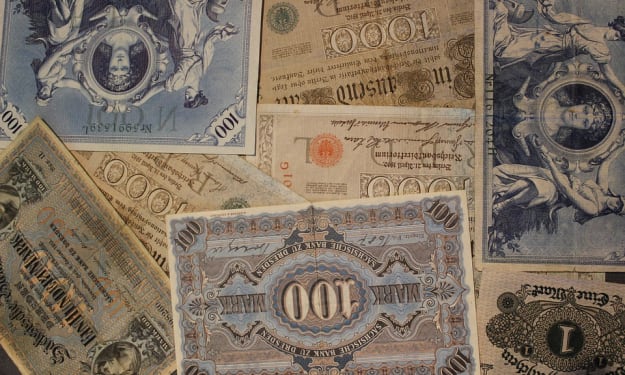Becoming A Shareholder
Stock Splits & Buybacks

You’ve been learning all about investing and money management and you’ve just picked out all the stocks you want to invest your money in. Congratulations! Now one of the companies you’ve chosen throws a curve ball and announces a stock split.

Uh-oh. What does that mean for you? Will it affect your investments? Today we are going to learn what it means when stocks are split, reverse split and bought back.
When you purchase sharers of a company, they are worth a specific price at any point in time. A company might have 1 million shares available for $100 today.
If the company does well for itself, the price of those shares is likely to go up over time. Now instead of $100 they might be cost $200. This is great for the shareholders, but many companies like to keep their stocks at a price that feels affordable for most investors.
To bring the price of their shares back down to $100, they might announce a stock split. When this happens, the company can double (or triple or quadruple) the number of shares they have available while at the same time reducing the price of those shares to half (or thirds or fourths).
Now the company will have 2 million shares worth $100 each. As a shareholder if you had 1 share worth $200, now you have 2 shares worth $100 each.

The majority of companies like to keep their shares in what seems like affordable prices. Obviously you could just buy less shares, but perception is key.
Some do not see the same value in this. Berkshire Hathaway, Warren Buffet’s company, has never announced a stock split. Shares in this company are several hundred thousand dollars each!
A reverse stock split is exactly what it sounds like. If a company has shares worth only $5 each, they might want to increase the price of those shares with a reverse split.

In this case they would change from 1 million shares worth $5, to 500k shares worth $10 each.
If you owned 2 shares in this company, now you would own 1, but it would be worth twice as much. While $5 might be an affordable price, cheap shares are not always attractive! Shares that are far lower than similar companies might signal to investors that the business is not doing well.
The S&P 500 could even de-list the fund and it might need to trade on another market! A reverse stock split can help companies avoid these pitfalls and keep their stocks trading on popular markets.
Finally, you might see companies announce a stock buyback. In this scenario the company would offer you money in exchange for the stock you own. Why would they want to do that? One reason might be to save money on taxes.

If the company has extra funds at the end of the year, they might choose to use this to buy back stocks which will ultimately save them money at tax time.
Additionally, having fewer shares available on the market could make their stocks look more attractive or priced better down the road. As a shareholder, you would no longer own the stock, but you would be compensated for the purchase and now you could reinvest in a new fund.
You can always ask your adviser for advice on what to do if this happens to you.
Now you understand stock splits and buybacks and you can be a knowledgeable, savvy shareholder!
About the Creator
Isaiah Goodman
Isaiah is a Certified Financial Education Professional TM and a dynamic speaker who loves to empower others. Isaiah has been married to his wife since 2012. At home they are joined by their four children and dog.






Comments
There are no comments for this story
Be the first to respond and start the conversation.